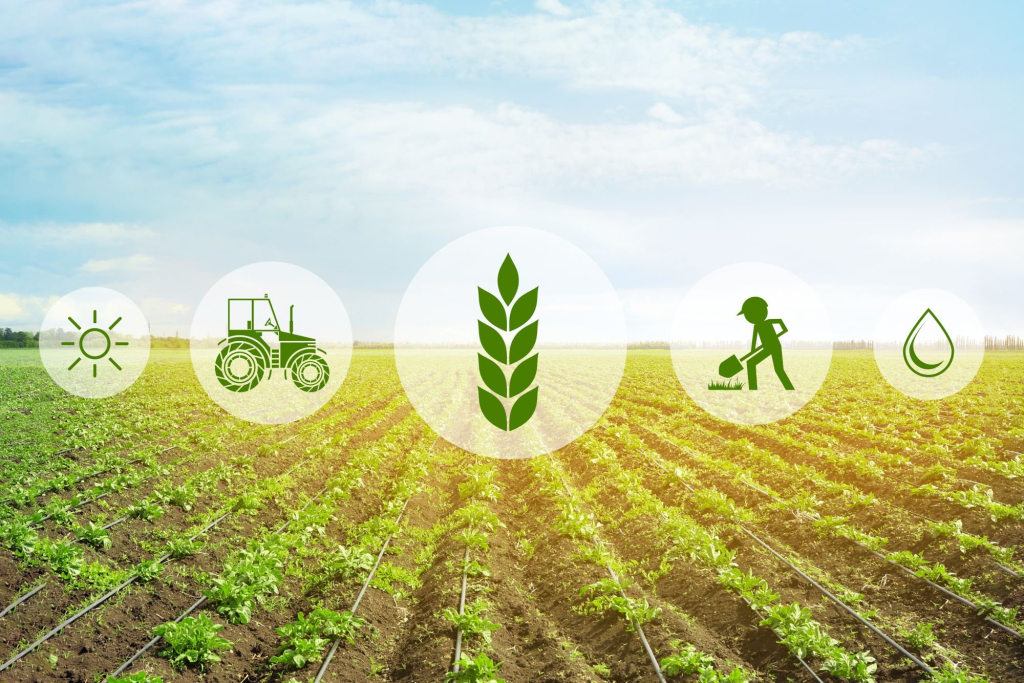Regenerative agriculture is gaining popularity as a means to promote sustainability and resilience in our food systems as our world grapples with issues of climate change, soil degradation, and loss of biodiversity. This popularity comes as a direct result of the fact that regenerative agriculture is an approach that can promote sustainability and resilience. The practice of organic farming, which places a premium on maintaining ecological balance, is an essential part of the current trend toward regenerative agriculture. In this article, we will discuss the idea of regenerative agriculture and the ways in which organic farming can play an important part in the process of restoring the health of our land.
It is an approach to farming that goes beyond sustainable practices in order to actively restore and enhance the health of the soil, ecosystems, and communities that support our food systems. Regenerative agriculture is an approach to farming that goes beyond sustainable practices. This strategy places an emphasis on community engagement, the preservation of soil health and biodiversity, the sequestration of carbon, and water conservation. By putting an emphasis on these fundamental principles, regenerative agriculture works toward the creation of food systems that are not only resilient but also sustainable.
The practice of organic farming is indispensable to the practice of regenerative agriculture. The adoption of organic farming practices that promote soil health and biodiversity, such as crop rotation, composting, and the use of natural pest control, is essential. Organic farming encourages the natural equilibrium of ecosystems by avoiding the use of synthetic pesticides and fertilizers. This, in turn, supports the long-term health of the soil and the crops that it produces.

Carbon sequestration is an important part of regenerative agriculture, and organic farming makes a contribution to this process. Farmers who use organic methods can contribute to the creation of healthy soils by engaging in practices such as cover cropping and reducing the amount of time spent tilling the land. These soils are better able to draw carbon from the atmosphere and store it. This not only reduces the negative effects of climate change but also contributes to the creation of ecosystems that are both healthier and better able to withstand its effects.
Organic farming frequently has strong ties to the communities in which it operates, which is another fundamental principle of regenerative agriculture. Organic farming encourages community engagement and resiliency by placing a premium on the use of regional food systems and on the development of close ties between farmers and their customers.

Regenerative agriculture provides a promising solution for promoting sustainability and resilience in our food systems at a time when our world is facing increasing challenges related to climate change, soil degradation, and the loss of biodiversity. The practice of organic farming, which places a premium on maintaining ecological balance, is an essential part of the current trend toward regenerative agriculture. Organic farming has the potential to play a significant part in the process of restoring our land and developing a food system that is more resilient and sustainable. This can be accomplished through an emphasis on the health of the soil, biodiversity, the capture of carbon, and community engagement.


No comment